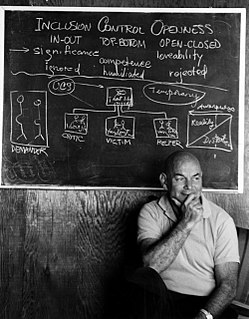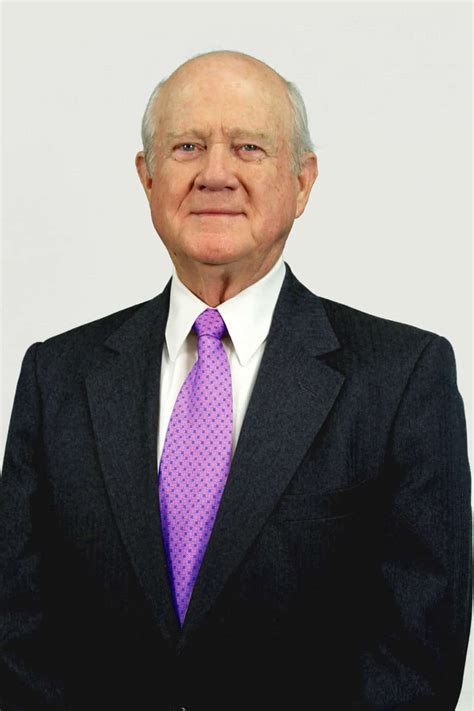A Quote by Virginia H. Pearce
Positive reinforcement changes behavior for the better, while criticism stabilizes negative behaviors and blocks change.
Related Quotes
If you're a short-seller, that's a cacophony of negative reinforcement. You're basically told that you're wrong in every way imaginable every day. It takes a certain type of individual to drown that noise and negative reinforcement out and to remind oneself that their work is accurate and what they're hearing is not.
Through constant familiarity, we can definitely establish new behavior patterns, using our tendency to form habits to our advantage. If we make a steady effort, I think we can overcome any form of negative conditioning and make positive changes in our lives. But we need to remember that genuine change doesn't happen overnight.
People are more interested in reading bombastic ideas, whether they're positive or negative. Part of me has sort of lost interest in doing criticism because of that. I've always realized that criticism is basically autobiography. Obviously in my criticism, it's very clear that it's autobiography, but I think it's that way for everybody.
How I feel about and behave toward myself is the basic determinant of most of my behavior. If I improve my self-regard, I will find that dozens of behaviors change automatically. If, for example, I increase my feelings of self-competence, I will probably be less defensive, less angered by criticism, less devastated if I do not get a raise, less anxious when I come to work, better able to make decisions, and more able to appreciate and praise other people.
Mom always said people worried too much about their children. Suffering when you're young is good for you, she said. It immunized your body and your soul, and that was why she ignored us kids when we cried. Fussing over children who cry only encouraged them, she told us. That's positive reinforcement for negative behavior.
Your reaction to a situation determines whether it will be positive or negative. If you're determined to label a situation positive, no matter how it appears, the result MUST be positive. If you label something negative, that MUST be your experience. It's never too late to change a situation because you have an unlimited supply of positive sticky labels! Your life is always your call!
Stop being a critic and be a light; don't be a judge, be a model. I think we are far too critical. I think the best way to correct behavior is to accentuate and affirm positive behavior and to ignore negative behavior. Generally speaking, there is a time to correct, of course; but my biggest advice would be, 'Affirm your child.'


































